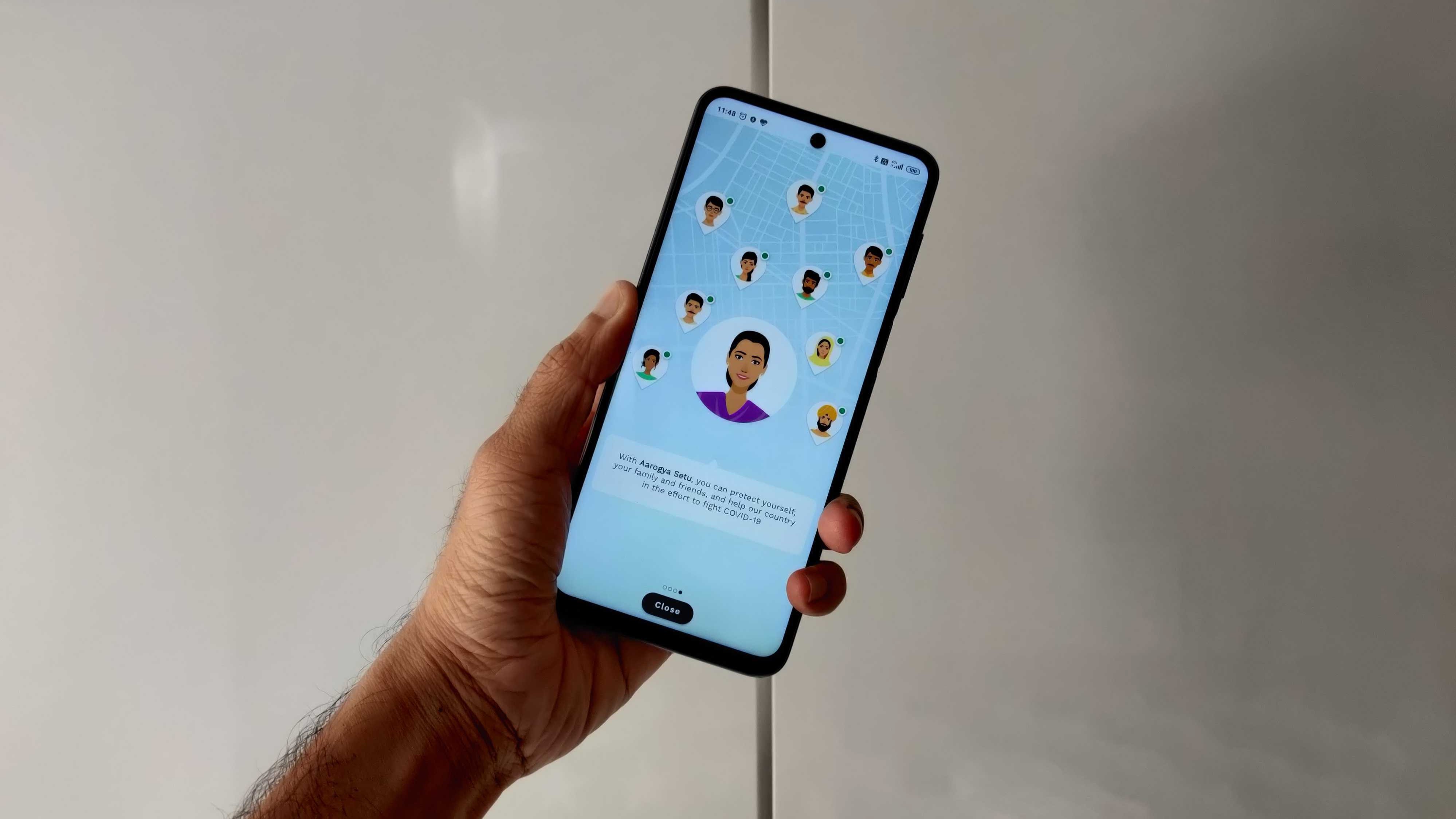How effective is India’s Aarogya Setu app in Covid-19 detections?
Not very, given the low pace of testing

When Prime Minister Narendra Modi extended India’s lockdown till May 3, he also made a forceful plea to citizens asking them to download the Aarogya Setu mobile app to track Covid-19 contact infections, highlighting the fact that without widespread adoption, it may not function as required.
The app, which was launched earlier this month, uses location data and Bluetooth access to identify people who may have wandered close to probable coronavirus patients. Besides the obvious effort to limit the spread of the pandemic, Aarogya Setu also provides a database of relevant public information about the disease.
Available on both Google Play Store (it has already crossed 10 million downloads) and Apple’s App Store (it has a 4.4 rating there), the app seeks some basic user data such as age, gender, name, health status and countries of visit besides information on the exempted category of professionals and whether the user would help in times of crisis. This is followed by a self-assessment after which it certifies the user’s safety status.
And, this is where the challenge comes in. When two phones with the app installed come into each other’s Bluetooth range, they exchange information and if one of the users has tested positive for coronavirus, the other gets alerted about a possible infection. And, both cases are notified to government agencies.
For the system to work most effectively, there needs to be a substantial increase in testing, both symptomatic and rapid. Currently, the numbers in India range from 25 per million in Bengal to 696 per million in Delhi, with the average number standing at 105 per million, as per government records.
Indian Council of Medical Research (ICMR), the apex body formulating and implementing biomedical research in the country, had sought 4.5 million testing kits in March but have faced delays, especially from Chinese manufacturers with whom an order of 700,000 kits was placed in March.
Given these inordinate delays, the government last night went ahead and approved the use of made-in-India kits alongside those imported from China, South Korea, France and Germany. The recent order from India’s Supreme Court on making rapid tests mandatory and free for socially underprivileged who were insured under a low-cost health policy adds a sense of urgency to the issue.
Get daily insight, inspiration and deals in your inbox
Sign up for breaking news, reviews, opinion, top tech deals, and more.
Which means that till the rapid testing spreads wider across the urban clusters and moves into the hinterland, the Aarogya Setu app may not have the data to help users ascertain whether they did maintain social distancing or not.